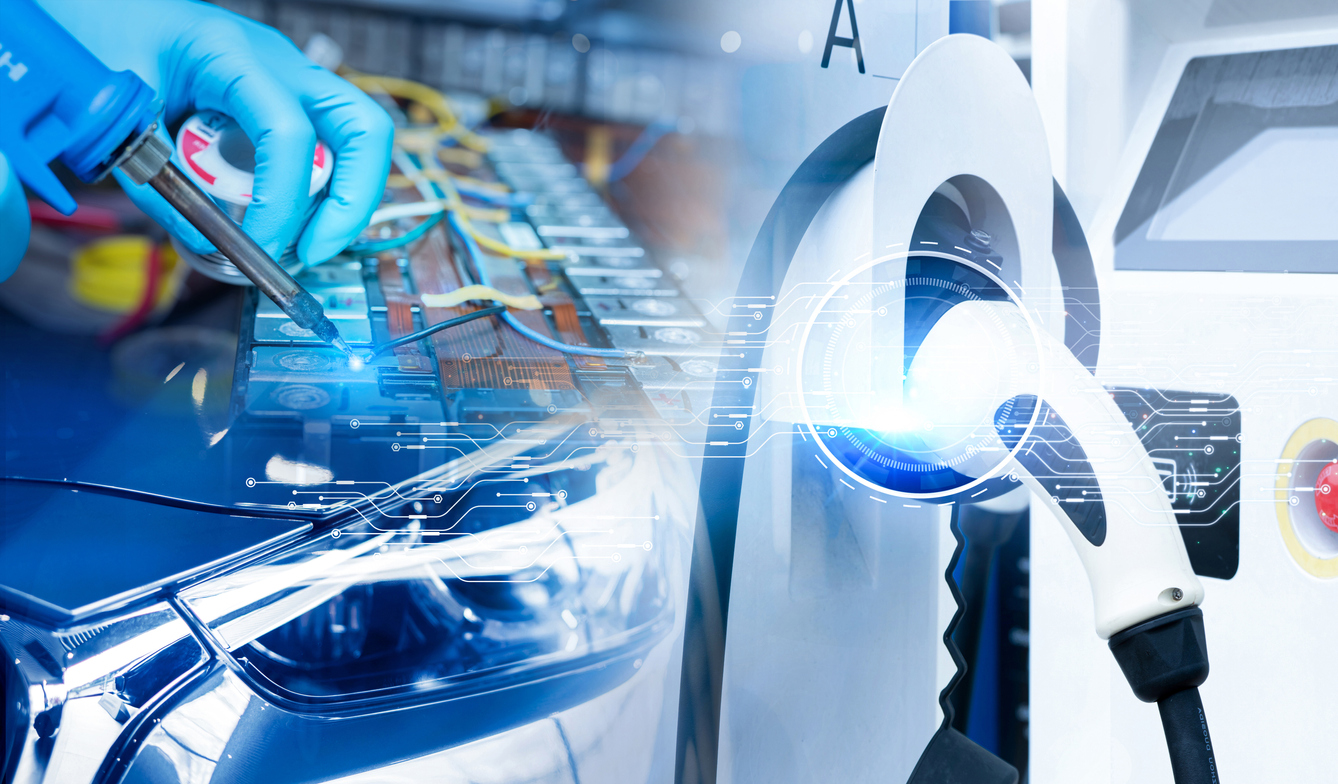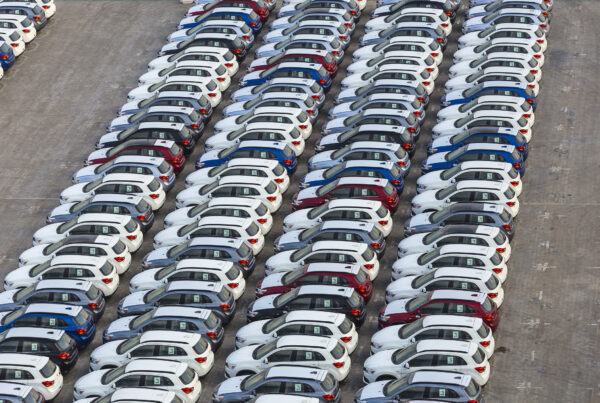Industry experts are calling for the implementation of “battery passport” systems, similar to those used in Europe, to manage and track electric vehicle batteries throughout their lifecycle.
During a session of the Transition to Electric Vehicles inquiry in Sydney, representatives from the automotive and recycling industries warned the federal government about the state of battery recycling in the country.
Recycling Struggles
Suzanne Toumbourou, CEO of the Australian Council of Recycling, told the inquiry that the recycling sector struggles.
“The recycling and waste sectors… are in crisis due to improperly disposed-of batteries causing fires in various facilities,” she said.
She explained that the country lacks a robust collection system and clear rules for handling batteries. She called for new regulations on battery labelling, transport, and disposal, including banning batteries from landfills.
Push for Battery Passports
One proposed solution is to adopt a battery passport system to track the battery’s environmental impact and material sourcing.
Laurissa Mirabelli from Polestar Australia supports this idea, explaining that while Australian facilities can recover valuable metals like lithium and cobalt from batteries, they do not yet process these materials domestically.
“The EU battery passport provides a useful model that could bring more transparency to how we manage and recycle batteries,” Mirabelli said.
Katharine Hole, Chief Executive of the Association for the Battery Recycling Industry, highlights a significant opportunity to recover critical minerals from EVs but states that standards need to be established.
She also notes that a facility in Victoria currently recycles EV batteries into black mass for export.
“We’ve got six years to really establish this industry. As the volume of EVs on the road grows in the next few years, they’ll come through (for recycling),” Ms Hole said.
This parliamentary inquiry examines several aspects of Australia’s transport transition, including the impact of EVs on the electricity grid, fuel-saving opportunities, the demand for charging facilities, and battery manufacturing and recycling. The inquiry will hold public hearings in Melbourne, Brisbane, and Canberra in August and September.
Did you find this article interesting? Click the ‘heart’ button above to give it a ‘like’!


















